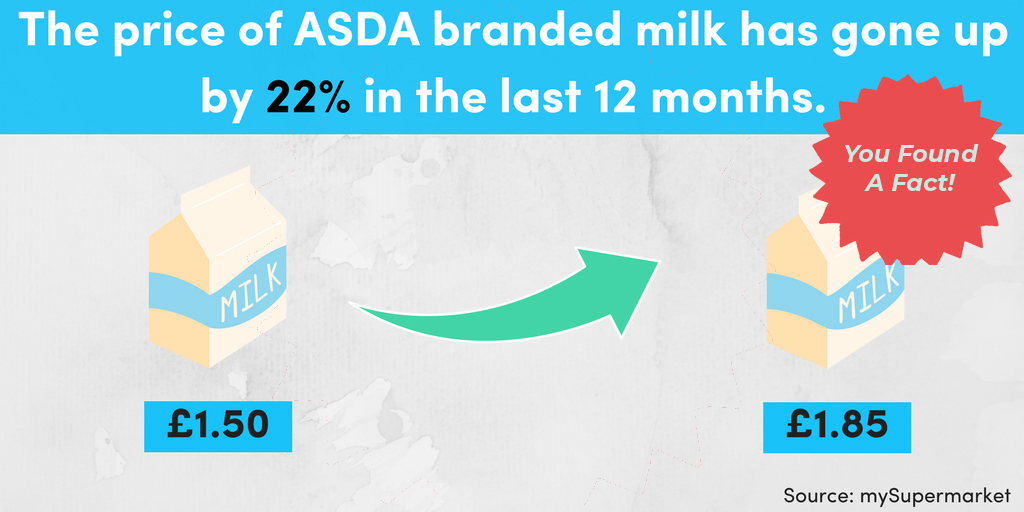What is inflation?
Inflation is when prices go up. Usually, when we talk about inflation we’re talking about general inflation—when the prices for just about everything go up at the same time. The prices of things can also go down; that’s called deflation.
Inflation is calculated by adding up the prices of thousands of different things and comparing them to the prices for the same goods a month ago. This means there is a list somewhere of the specific things that count towards inflation in your country, and each month someone has to go out and check the prices of all these things.

Economists fight about what causes inflation. The traditional story is that inflation is caused by governments printing too much money. Imagine everyone suddenly had twice as much money, but everything else in the economy was exactly the same. What would happen? Instead of everyone suddenly being rich, prices would probably just double as well, keeping everyone right where they started.
But if doubling the amount of money also somehow caused a ton of economic growth, the story might be more complicated. Everyone could be at least a little richer, so maybe prices wouldn’t rise all that much. Or how about this; what if you printed a trillion dollars, but put it in a bank account where no one could spend it. The money supply would increase, but it’s hard to imagine prices changing much.
The debate about what causes inflation came up quite a lot when governments and central banks tried to respond to the financial crisis. A traditional view says that more money means more inflation. But governments have printed a lot more money since 2008, and still no inflation. This has led to a more active debate about how exactly inflation works, and has encouraged central bankers to experiment with new policies like quantitative easing that would otherwise be considered inflationary.



